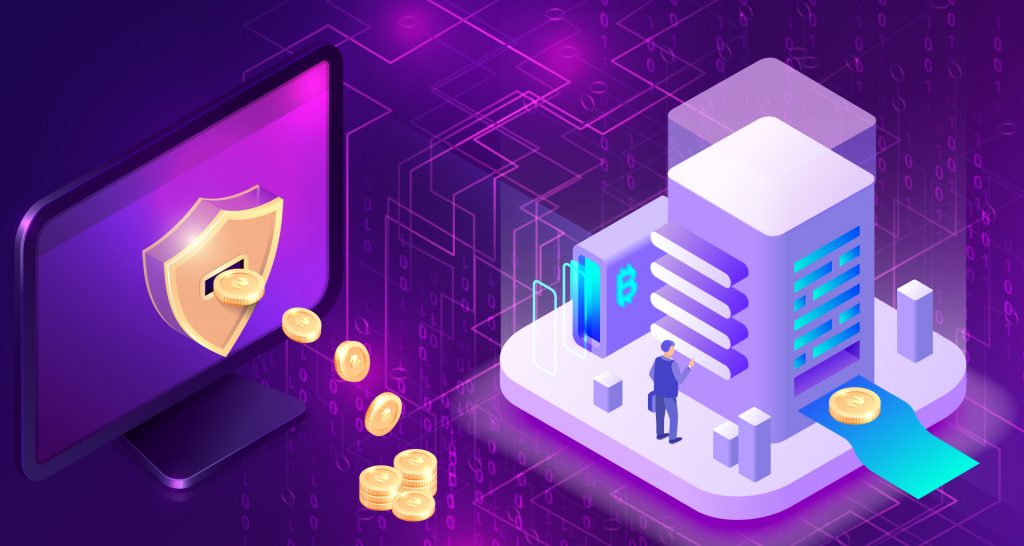Beginners’ Guide to Cryptocurrency: 2025 Edition
A complete guide to understanding and investing in cryptocurrency.
What is Cryptocurrency?
Cryptocurrency is a virtual or digital currency that is secured by encryption. Unlike fiat money, a traditional currency issued by governments, cryptocurrency is decentralized and usually uses blockchain technology.
Key Aspects of Cryptocurrency
Cryptocurrency has several defining characteristics:
- Decentralization: Operating independently of central authorities like banks, giving users direct control over their assets and transactions
- Transparency: All transactions are recorded on a public blockchain ledger, ensuring complete visibility and traceability
- Security: Utilizing advanced cryptographic methods to protect transactions and user assets from unauthorized access
- Borderless Operations: Enabling global transactions without the need for traditional financial intermediaries
How Does Cryptocurrency Work?
Cryptocurrency operates on a distributed ledger called a blockchain. A network of computers (nodes) uses consensus mechanisms like Proof of Work (PoW) or Proof of Stake (PoS) to validate transactions.
Common Consensus Mechanisms
- Proof of Work (PoW): Used by Bitcoin, where miners compete to solve complex mathematical puzzles to validate transactions and secure the network
- Proof of Stake (PoS): Employed by Ethereum 2.0, where validators stake their cryptocurrency to participate in transaction verification
2025’s Leading Cryptocurrencies
The cryptocurrency market features several prominent players:
- Bitcoin (BTC): The original cryptocurrency, maintaining its position as the most valuable digital asset
- Ethereum (ETH): The foundation for smart contracts and decentralized applications
- Binance Coin (BNB): A utility token powering the Binance ecosystem
- Solana (SOL): Known for high-speed processing of NFT and DeFi transactions
- XRP (Ripple): Specialized in facilitating rapid cross-border payments
- Polkadot (DOT): Focused on enabling interoperability between different blockchains
- Cardano (ADA): Emphasizing scalability and security in blockchain operations
Getting Started with Cryptocurrency
Step 1: Selecting an Exchange
Choose from these leading cryptocurrency exchanges:
- Binance: Global market leader with extensive features
- Coinbase: Ideal platform for cryptocurrency newcomers
- Kraken: Known for robust security measures
- Bybit: Specialized in derivative trading
- KuCoin: Offering competitive fees and diverse cryptocurrency options
Step 2: Account Setup
Follow these essential steps:
- Create an account using your email and password
- Complete the required KYC verification process
- Implement two-factor authentication for enhanced security
Step 3: Funding Your Account
You can fund your account through:
- Bank transfers
- Debit/credit card payments
- PayPal transfers
- Existing cryptocurrency transfers
Step 4: Making Your First Purchase
To buy cryptocurrency:
- Access the trading interface
- Select your desired cryptocurrency
- Choose between market orders (immediate execution) or limit orders (price-specific)
- Confirm and complete your transaction
Cryptocurrency Storage Solutions
Hot Wallets (Online Storage)
Popular online wallet options include:
- MetaMask: Preferred for Ethereum-based tokens
- Trust Wallet: Supporting multiple blockchain networks
- Exodus: User-friendly interface for desktop and mobile
Cold Wallets (Offline Storage)
Secure hardware wallet options:
- Ledger Nano X: Optimal for long-term cryptocurrency storage
- Trezor Model T: Providing advanced security features
- Exchange Wallets: Convenient but less secure option
Security Best Practices
Protect your cryptocurrency investments by:
- Using hardware wallets for significant holdings
- Enabling two-factor authentication
- Avoiding common scams and fraudulent schemes
- Verifying exchange URLs before accessing
Trading Cryptocurrency
Trading Styles
Different approaches to cryptocurrency trading:
- Spot Trading: Direct cryptocurrency buying and selling
- Futures Trading: Leveraged price speculation
- Day Trading: Same-day trading activities
- Swing Trading: Medium-term position holding
Essential Trading Indicators
Key tools for market analysis:
- RSI: Identifying overbought and oversold conditions
- MACD: Spotting trend reversals
- Support & Resistance: Analyzing price patterns
Passive Income Opportunities
Generate passive income through:
- Staking: Earning rewards from proof-of-stake participation
- Yield Farming: Providing liquidity to DeFi protocols
- Crypto Lending: Lending assets on dedicated platforms
- Liquidity Mining: Supporting decentralized exchanges
- Gaming: Participating in play-to-earn blockchain games
Understanding DeFi (Decentralized Finance)
Popular DeFi Platforms
Leading platforms in the DeFi space:
- Uniswap: Premier decentralized exchange
- Aave: Comprehensive lending and borrowing services
- PancakeSwap: BSC-based DeFi solution
- Curve Finance: Specialized stablecoin exchange
NFTs (Non-Fungible Tokens)
Top NFT Marketplaces
Leading platforms for NFT trading:
- OpenSea: The largest NFT marketplace
- Blur: Rising competitor in the space
- Magic Eden: Multi-chain NFT platform
Smart Contracts
Common Applications
Smart contracts enable:
- DeFi protocol operations
- NFT ownership management
- Supply chain tracking
- Blockchain gaming mechanics
Regulatory Environment 2025
Key Regulatory Aspects
Current regulatory considerations:
- Mandatory KYC and AML compliance
- Cryptocurrency taxation requirements
- Regional restrictions on specific cryptocurrencies
Future Outlook
Emerging trends in cryptocurrency:
- Bitcoin ETFs: Mainstream investment integration
- Layer 2 Solutions: Scaling solutions development
- CBDCs: Government digital currency initiatives
- AI Trading: Advanced trading algorithms
Getting Started Tips
Remember these key points:
- Start with small investments
- Conduct thorough research
- Invest responsibly within your means
- Stay updated through reliable news sources like CoinTelegraph, CoinDesk, and The Block
🚀 Begin your cryptocurrency journey by joining a reputable exchange and exploring the world of digital assets safely and securely.




